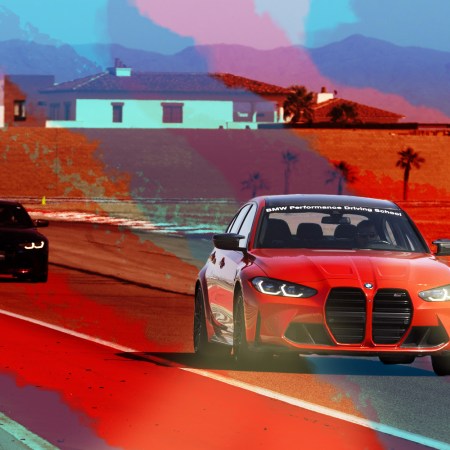Back in June, Fiat Chrysler Automobiles and Renault explored a merger that would have made them the third largest automaker in the world. It fell apart. Now, five months later, FCA has announced it will instead merge with PSA Group, together becoming the fourth largest automaker (with roughly 8.7 million annual vehicle sales). And this time, it looks like it’s going to stick.
While the two companies count the United States, Italy and France as home, the deal would have international implications for the shaky automotive industry. The global uncertainty — brought on by changing markets, technologies and consumer preferences — has already forced the two to bulk up. Fiat Chrysler now currently owns its namesake brands, plus Jeep, Dodge, Ram Trucks, Alfa Romeo, Maserati and others. PSA owns Peugeot and Citroën, and acquired Opel and Vauxhall from General Motors in 2017.
The New York Times took an in-depth look at the proposed deal and how it will change the industry, as well as the companies themselves, but here are five main takeaways:
- Which company gets the better deal? In simple terms, neither. Although FCA sits ahead of PSA in terms of annual sales, as the Times writes, “The merger will be accomplished by exchanging shares, with each company contributing 50 percent of the new entity.”
- Why is this happening? “The automakers described the transaction as a way to share the enormous cost of an industrywide transition to electric and autonomous vehicles.”
- Who supports it? Just about everyone. While the French government wasn’t a fan of a merger between FCA and Renault (it is a shareholder in the latter company), it did give its blessing to PSA (for which it is also a shareholder). PSA union leaders are also in favor, according to the Times.
- Who is against it? “Only the General Confederation of Labor, the often confrontational union known by the initials C.G.T., expressed mistrust,” writes the Times. That feeling stems from recent job cuts at PSA, but those in favor of the merger argue that there will be fewer cuts in the event of a merger.
- What else do they gain out of this? Taxes, taxes, taxes. “The parent company will be registered in the Netherlands, which offers some preferential tax laws.”
All that said, the merger is not yet final. And if we learned anything from the Renault fiasco, this isn’t a done deal just yet.
Subscribe here for our free daily newsletter.
Thanks for reading InsideHook. Sign up for our daily newsletter and be in the know.


















